Acne is a common skin condition that affects millions of people worldwide. It is characterized by the appearance of pimples, blackheads, and whiteheads on the face, neck, chest, and back. While it is most commonly associated with teenagers, acne can affect people of all ages. It can be frustrating and embarrassing, and many people spend a lot of time and money trying to find the best treatment for their acne.
But before we delve into treatment options, it's important to understand the causes of acne. By understanding the underlying factors that contribute to the development of acne, we can better address and manage this common skin concern. In this article, we will explore the various causes of acne and how they relate to our overall understanding of this condition. So let's dive in and gain a deeper understanding of the complex nature of acne. Acne is a common skin concern that affects many men.
It can be frustrating and even embarrassing, but with the right knowledge and skincare routine, you can effectively treat and prevent acne. This article will cover everything you need to know about the causes of acne and how to create a personalized skincare routine for your specific needs. First, it's important to understand that acne is not caused by poor hygiene or eating greasy foods. Acne is primarily caused by hormones and genetics. During puberty, hormones called androgens increase oil production in the skin, which can clog pores and lead to breakouts.
Genetics also play a role in how prone you are to developing acne. If your parents had acne, you are more likely to develop it as well. To effectively treat and prevent acne, it's important to have a consistent skincare routine. This should include cleansing, exfoliating, and moisturizing. Cleansing removes dirt, oil, and bacteria from the skin, while exfoliating removes dead skin cells that can clog pores.
Moisturizing helps keep the skin hydrated and healthy. It's also important to use products that are specifically designed for your skin type. If you have sensitive skin or acne-prone skin, look for gentle and non-comedogenic products. Another factor that can contribute to acne is stress. When we are stressed, our bodies produce more cortisol, which can increase oil production in the skin.
Finding ways to manage stress, such as exercise or relaxation techniques, can help improve your overall skin health. Lastly, keep an eye on your diet. While greasy foods do not directly cause acne, a diet high in processed foods and sugar can trigger hormonal changes that can lead to breakouts. Aim for a well-balanced diet rich in fruits, vegetables, and lean proteins to help keep your skin clear. Remember, everyone's skin is different, so it may take some trial and error to find the right skincare routine for you. Don't be discouraged if a product doesn't work for you - there are plenty of options out there to help you achieve clearer skin.
Understanding Hormonal Changes
Hormones play a significant role in the development of acne.During puberty, hormone levels increase, causing the sebaceous glands to produce excess oil. This oil can clog pores and lead to the formation of acne. In addition to puberty, hormonal changes can occur throughout a person's life, such as during menstruation, pregnancy, and menopause. These fluctuations can also trigger acne breakouts. Some individuals may be more prone to hormonal acne due to genetics. If one or both parents have a history of acne, their children may be more likely to experience it as well. It is important to understand how hormones can contribute to acne so that you can effectively treat and prevent it.
By targeting the root cause of acne, you can create a personalized skincare routine that addresses your specific needs.
Managing Stress for Better Skin
Stress can have a significant impact on our overall health, including our skin. When we are under stress, our bodies produce more cortisol, a hormone that can increase oil production and lead to clogged pores and acne breakouts. Additionally, stress can disrupt our sleep patterns, which can also contribute to skin issues such as inflammation and dehydration. To effectively manage stress for better skin, it's important to find ways to reduce stress levels.One effective method is through exercise, which can help release endorphins and reduce cortisol levels. Additionally, incorporating relaxation techniques such as yoga, meditation, or deep breathing into your daily routine can also help reduce stress and improve overall skin health. It's also important to prioritize self-care and take time for activities that bring you joy and help you relax. This could include spending time with loved ones, engaging in a hobby, or simply taking a bath or reading a book.
By finding ways to reduce stress and improve your overall well-being, you can also improve the health of your skin. Remember to prioritize self-care and listen to your body's needs for better skin health.
Creating a Consistent Skincare Routine
One of the most important steps in treating and preventing acne is creating a consistent skincare routine. This means taking care of your skin daily, not just when you have breakouts. By following a regular routine, you can keep your skin clean, balanced, and healthy, reducing the likelihood of acne flare-ups. Here are the essential steps for a healthy skincare routine:- Cleanse: Start by washing your face with a gentle cleanser twice a day, in the morning and at night.
This will help remove dirt, oil, and dead skin cells that can clog pores and lead to acne.
- Tone: After cleansing, use a toner to balance your skin's pH levels and remove any remaining impurities.
- Moisturize: Even if you have oily skin, it's important to moisturize to keep your skin hydrated. Look for oil-free or non-comedogenic moisturizers to avoid clogging pores.
- Spot treatment: If you have active breakouts, use a spot treatment containing ingredients like salicylic acid or benzoyl peroxide to target and heal the blemishes.
- Sun protection: Acne-prone skin can be more sensitive to the sun, so it's important to use sunscreen with at least SPF 30 every day.
The Role of Diet in Acne
Diet is a crucial factor when it comes to managing acne. What we eat can directly impact our skin, and certain foods can even trigger or worsen breakouts.Understanding how diet affects acne can help you make healthier choices and improve your skin's overall appearance. Research has shown that diets high in refined carbohydrates, such as white bread, pasta, and sugary drinks, can contribute to the development of acne. This is because these foods cause a spike in insulin levels, leading to an increase in the production of sebum, the oily substance that can clog pores and cause breakouts. On the other hand, a diet rich in whole foods, such as fruits, vegetables, lean proteins, and healthy fats, has been linked to a lower incidence of acne.
These foods contain essential vitamins and minerals that support skin health and can help reduce inflammation, which is a major contributing factor to acne. In addition to what we eat, our diet also affects our gut health, which plays a crucial role in our overall well-being and skin health. Consuming probiotic-rich foods, such as yogurt and fermented vegetables, can help balance the bacteria in our gut and improve our skin's appearance. It's important to note that everyone's body is different, and what works for one person may not work for another.
Keeping a food diary and paying attention to how your skin reacts after eating certain foods can help you identify any potential triggers for your acne. In conclusion, while there is no one-size-fits-all approach to managing acne through diet, making mindful choices and incorporating nutrient-dense foods into your diet can have a positive impact on your skin. Remember to also consult with a dermatologist for personalized advice on managing your acne. By understanding the causes of acne and implementing a personalized skincare routine, you can effectively treat and prevent breakouts. Remember to be patient and consistent with your routine, and don't hesitate to seek advice from a dermatologist if needed.
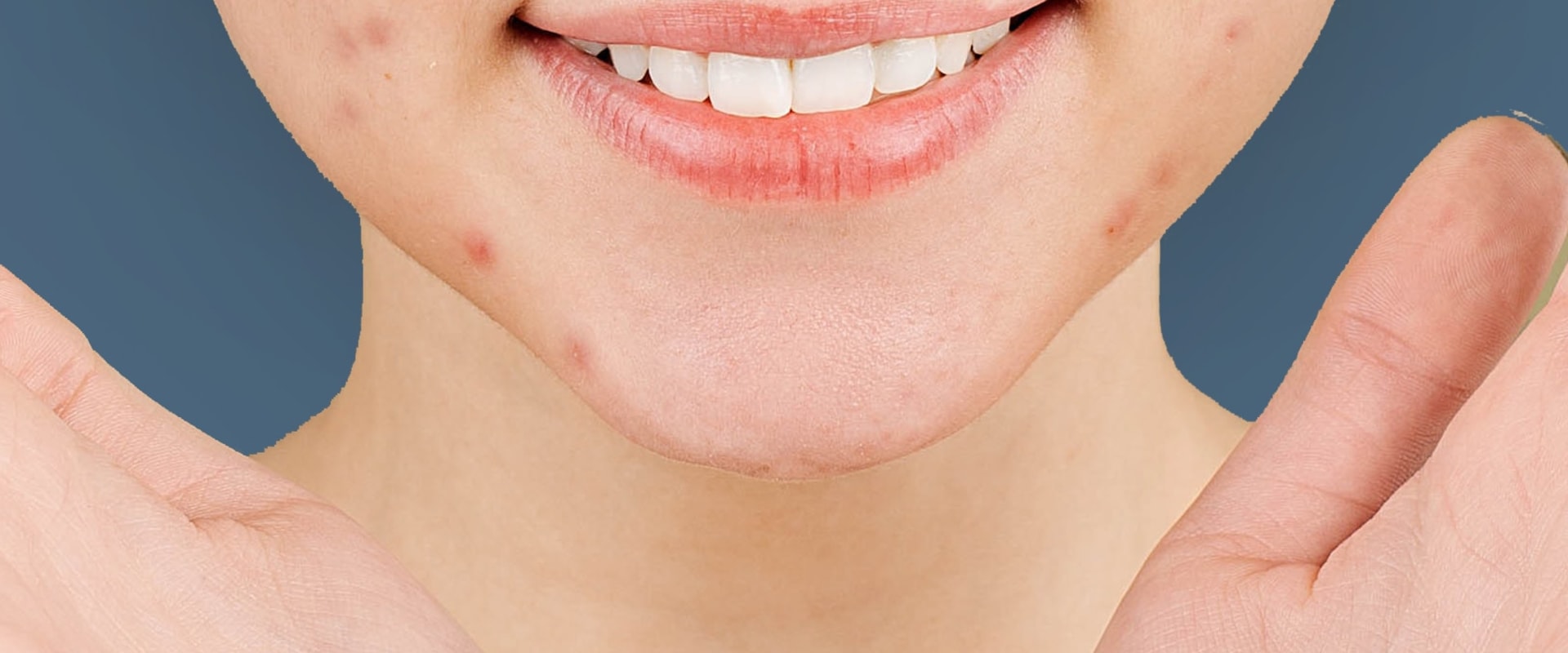
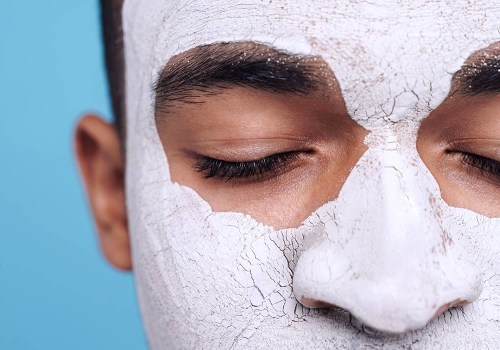


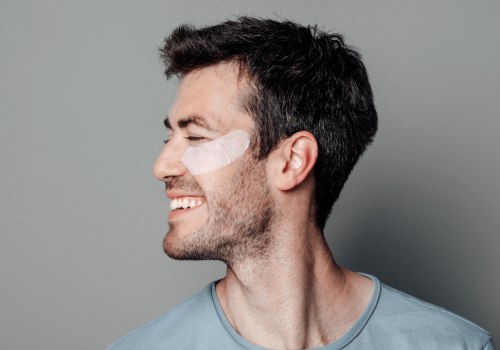



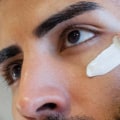

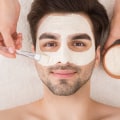

Leave a Comment